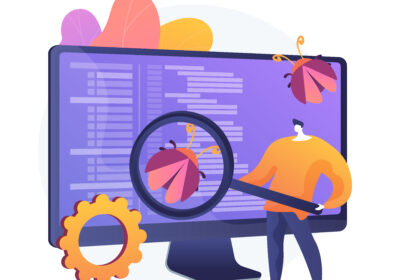Faster time-to-market and impressive software quality are more important than ever. This is why more businesses have started to invest in DevOps, especially when it comes to software testing. To ensure quality and timely delivery of products or services, collaboration is key. A DevOps environment has that collaborative approach when handling new-age applications, giving them real-time solutions. Continuous development and testing is another benefit.
This modular approach, if not a cultural shift, has now become essential for a business that provides Agile software development services enabling them to provide sustainable, robust, and innovative digital solutions. As DevOps-driven testing has started moving to unexplored domains, it’s important to keep an eye out for new trends. These trends will define better approaches and more efficient processes for leveraging DevOps.
Here are a few DevOps testing trends that give the most hope this year.
1. Failure is acceptable if it’s early
In a DevOps environment, testers can start testing the product from the early stages of development itself. This way, defects and other errors can be identified and rectified early subsequently reducing the risks when the application finally enters the market.
2. Simultaneous development and testing
Both developers and testers are responsible for ensuring quality. In a DevOps environment, development and testing should go hand in hand. This concurrency is one factor that reduces the time-to-market, and also one of the reasons why the IaC (Infrastructure as Code) concept thrives in a DevOps ecosystem.
3. Continuous testing and delivery
Continuous and quick deployment is probably the biggest benefit of adopting DevOps practices. This makes continuous testing and delivery important as well. Continuous development, testing, and delivery enable enterprises to easily adapt to digital transformation and come up with innovative ways to add quality.
4. Shifting to the Cloud
Cloud technology entirely transformed the software development and testing processes. The cloud made it possible for testers to access application data from anywhere at any time. At present, cloud also plays a role in implementing DevOps practices effectively in an organization, and is expected to boost continuous development and testing in a DevOps ecosystem even further in the near future.





